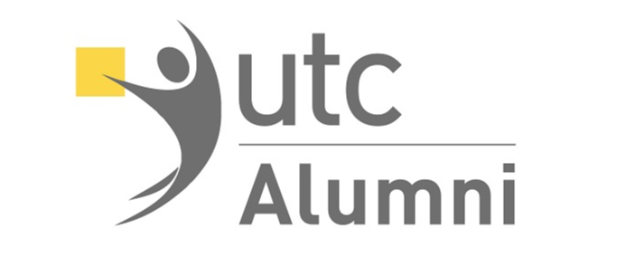
AI for Health - A window to the future
AI for Health is the biggest digital conference I ever attend: 3 stages, 67 sessions, +3 000 attendees and more than 150 speakers from Academies, Corporates, Startups, Public and Private institutions worldwide. As I’ve been only available half a day on November 10th, it resulted in a very busy afternoon to sequence my favorite sessions.
In addition, it was my 1st experience in AI and more especially in AI for Health. The result was: interesting, fascinating and quite comforting at the end of the day.
INTERESTING… because AI for Health is not just a matter of science and technology. I discovered that the spectrum of areas to be mastered is much broader: collection, validation and protection of data, computer-aided decision algorithms for diagnosis and treatments, new legislation to be invented (national, European and global), legal framework to prevent litigations, etc… without forgetting the sociological dimension and human acceptance of an “Intelligence” that touches on the critical subject of Health.
FASCINATING… because it’s clear that AI will revolutionize Health like it already revolutionizes many sectors of Industry today. It was not so obvious at first (at least in my mind of Mechanical Engineer) because Health is a “Human” science therefore by definition less observable, less quantifiable and less deterministic than industrial processes. Health is not a set of statistical equations where all parameters are under
control. But the fact is AI for Health is on the move and the infinite possibilities of applications to improve the diagnosis and treatments of patients are fascinating.
COMFORTING at the end of the day… because the term AI (widely spread out in mainstream communication) is not the right acronym I’ll keep in mind. In all the initiatives I heard, read and saw during the conference, “Intelligence” is undoubtedly present but it’s nothing “Artificial”. AI provides strong help and assistance… but never decides “artificially” on behalf the medical practitioners.In a certain sense, it’s rather reassuring: the processing of Health data will not give Big Brother any decision-making autonomy.It should be more relevant to talk about II (Improved Intelligence), LI (Learning Intelligence) or DSI (Decision Support Intelligence) even if it’s only a matter of semantics.
I want to thank Claire BEHAR and UTC Alumni association for the honor of inviting me at this 3rd edition 2020 despite my lack of culture in AI in general and Health in particular. Thank you because I’ve been delighted to hear prestigious speakers and to learn about so many AI initiatives for Health around the world. It was a very exciting journey, although I’ve been a bit frustrated at not attending as many sessions as I wanted or not discussing as much as I hoped with the speakers because of the very stringent format of short sessions that run every 15 minutes all day long.
As I wrote above: “AI for Health is on the move” and it brings huge opportunities for jobs in a growing sector. AI is a window to the future. If it’s not already done, Compiegne University would be well inspired to integrate AI expertise (for Health or other domains) in the education path of its future graduates.
